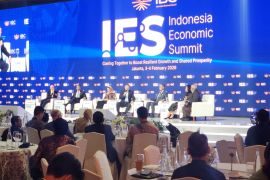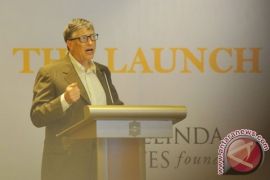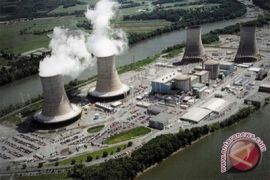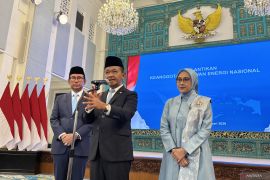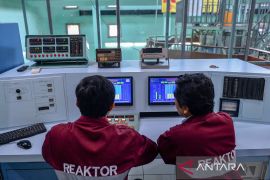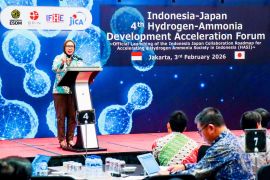“We are preparing the government regulation. Hopefully, it can be implemented for the purification of radioactive material processing,” Deputy Minister of Energy and Mineral Resources, Yuliot Tanjung, informed here on Friday.
Uranium processing is included in radioactive businesses, he said.
Currently, the government is preparing for the licensing system, considering that radioactive mining businesses require stricter supervision, he disclosed.
The National Research and Innovation Agency (BRIN), the Nuclear Energy Supervisory Agency (Bapeten), and the Energy and Mineral Resources Ministry will be involved in processing uranium for NPP development.
“We will also pay attention to environmental aspects. What we are currently organizing is the purification of processing,” Tanjung said.
As per the Electricity Supply Business Plan (RUPTL) prepared by state-owned electricity provider PT PLN for the 2025–2034 period, the potential energy sources in West Kalimantan are uranium, hydropower, biomass, biogas, and coal.
Uranium is the main fuel in nuclear reactors. According to the plan, the uranium potential of Melawi Regency, West Kalimantan, is 24,112 tons.
However, the use of nuclear energy as a primary energy source is still awaiting a policy regulation from the government, backed by a feasibility study on the construction of nuclear power plants.
Earlier, the Energy and Mineral Resources Minister revealed the government’s plan to build a nuclear power plant, with potential sites identified in Sumatra and Kalimantan.
It is planning to develop 250 megawatt (MW) of nuclear power plant capacity in Sumatra, and the remaining 250MW in Kalimantan.
The construction of the NPP is part of the government’s commitment to increase new and renewable energy utilization.
Under the 2025–2034 RUPTL, the target for additional power plant capacity is set at 69.5 gigawatts (GW).
As much as 61 percent of the additional power plants, with a capacity of 42.6GW, will use renewable energy, while 15 percent, with a capacity of 10.3GW, will focus on energy storage.
Meanwhile, 24 percent or 16.6GW of the additional power plants will derive energy from fossil resources, such as gas (10.3GW) and coal (6.3GW).
Related news: Indonesia backs Rosatom’s nuclear power plant in SE Sulawesi
Related news: Three nations submit nuclear power plant development proposals: Kadin
Related news: Indonesia advocates for new nuclear-weapon-free zones
Translator: Putu Indah Savitri, Yashinta Difa
Editor: Azis Kurmala
Copyright © ANTARA 2025

